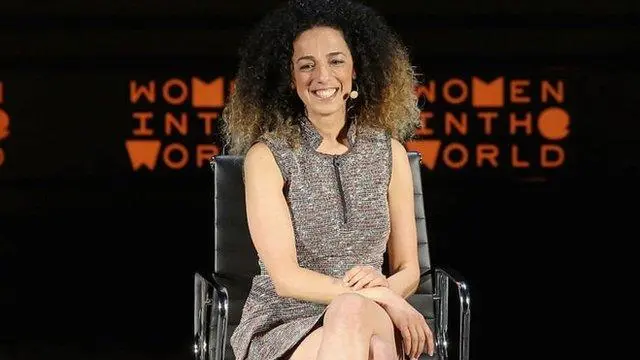A New York court has sentenced Rafat Amirov and Polad Omarov, defendants in the case of attempting to assassinate Iranian-American journalist and political activist Masih Alinejad, to a total of 50 years in prison.
According to The New York Times, 46-year-old Rafat Amirov and 41-year-old Polad Omarov were each sentenced to 25 years in prison in connection with the plot to murder Masih Alinejad. Prosecutors in the case stated that Amirov and Omarov, leaders of a Russian criminal mafia, were hired by the Islamic Republic of Iran to assassinate Alinejad. They paid $30,000 to an individual named Khalid Mehdiyev to carry out the killing.
Khalid Mehdiyev, alongside Amirov and Omarov, is charged with attempted murder and illegal possession of a firearm. Mehdiyev was arrested in 2022 after he was found surveilling Alinejad’s home in a vehicle equipped with a Kalashnikov rifle and a ski mask. He is awaiting sentencing.
This is not the first time an Iranian journalist opposing the Islamic Republic has faced threats, assassination attempts, or attacks abroad. In multiple incidents, Iranian journalists have been targeted with threats, assassination plots, and knife attacks. Previously, the Independent Fact-Finding Mission of the UN Human Rights Council, in paragraph 84 of its preliminary report, referenced the extension of media and journalist suppression beyond Iran’s borders, confirming that the Islamic Republic has “harassed, threatened, and intimidated journalists and other media employees working outside the country, including those at BBC Persian, Iran International, Voice of America, IranWire, and Deutsche Welle.”
The Defending Flow of Information Organization (DeFFI) considers any physical or psychological violence against journalists as an attack on freedom of expression and a violation of citizens’ right to free access to information. Expressing deep concern over the repeated threats against Masih Alinejad and other Iranian journalists, the organization calls on freedom of expression advocacy institutions and governments in countries where these threats occur to pursue such cases—similar to what transpired in the Alinejad case in the United States—transparently elucidating the full dimensions of these incidents for the public without political considerations, and to revise their policies toward regimes that threaten press freedom.
